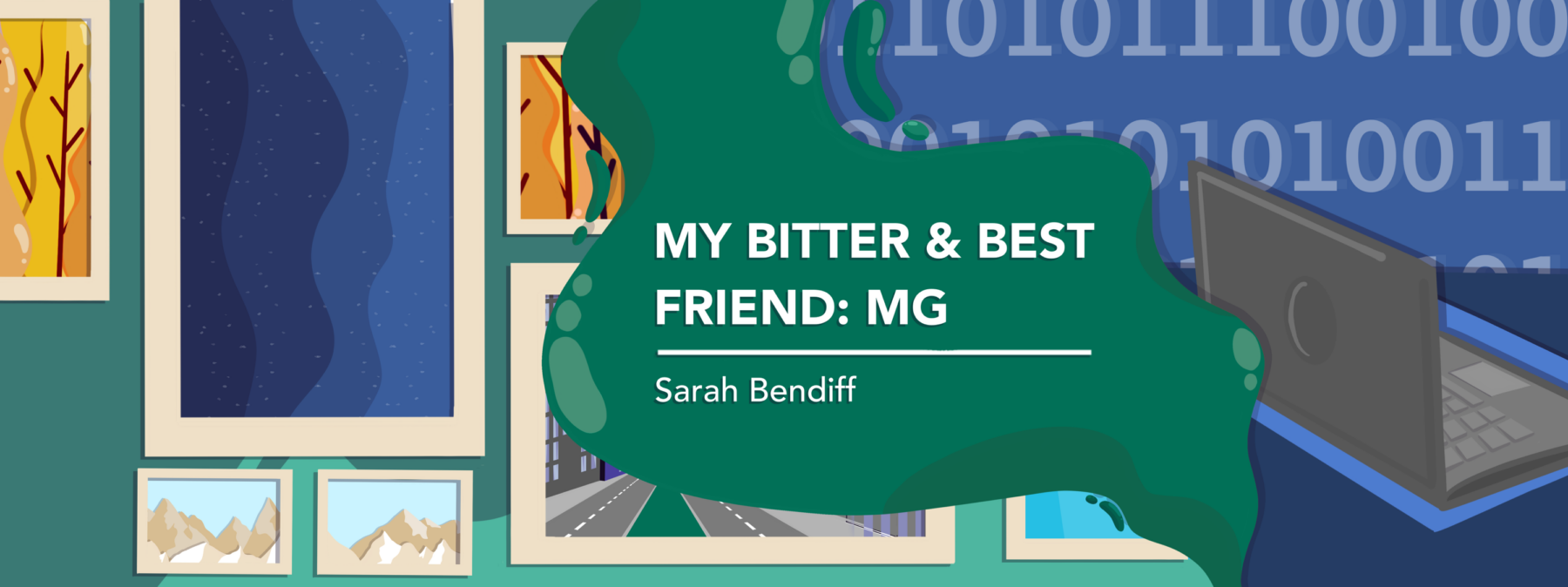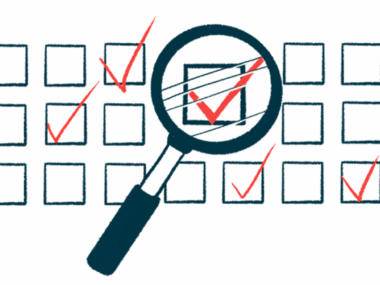Volunteering is important to me, so how do I do it with MG?
A columnist shares how she adapted when MG interrupted her life goals
Written by |

The first thing I did when I started college was to search for clubs and associations where I could volunteer. Back then, I believed that even if I wasn’t wealthy, I had my health and time to share. Volunteering was my way of contributing to the world, of proving to myself and others that I could make a difference.
But that was long before my diagnosis of myasthenia gravis (MG). Now that my health is compromised, I often wonder: Can I still help? Can I contribute anything beyond financial support?
Finding an answer to these questions wasn’t easy. The volunteering activities I’d grown accustomed to — cooking for shelters, organizing events at nursing homes, or tutoring children at orphanages — were no longer options for me. These activities had given me a sense of purpose, a way to connect with others and feel valuable.
When MG restricted my physical abilities, I stopped volunteering. At the time, I didn’t feel the need for it because I was focused on learning how to manage my illness. But once I adjusted to my new reality, I felt a deep void. Something was missing, and the usual solution — helping others — seemed beyond my reach.
For the first time, my inability to volunteer wasn’t due to a lack of time or resources. It was because of something I couldn’t control: my disability. That realization was hard to accept.
Adapting my approach
To cope with this void, I began finding ways to help within my immediate surroundings. Instead of tutoring children at an orphanage, I helped my younger sisters with their homework and exam revisions. Instead of organizing events, I planned simple, low-effort activities for my little cousins when we gathered at my grandparents’ house.
I also started supporting friends in ways that didn’t require physical effort: listening to them, offering advice, or helping with small tasks. These small acts brought some comfort, but deep down, I knew I could do more.
Thank goodness for the internet! I was amazed to discover how many opportunities exist for volunteering from home. It opened a whole new world for me.
One of my favorite projects involved translating math courses from English to Arabic and French for an open-source NGO. This organization transforms complex math concepts into fun, accessible stories and publishes them online for children worldwide.
Through this NGO, I reconnected with some of the orphanages where I used to volunteer. I introduced them to this resource and even connected them with another organization that donated laptops and digital tablets. These tools allowed the children to explore the math website and continue their education in a modern, interactive way.
This experience was especially meaningful because it linked my former career in physics — a path I had to abandon due to my illness — with my passion for helping others.
New opportunities, new growth
Volunteering online also led me to an association here in Algeria, where I live, that advocates for people with invisible disabilities. They needed help with digital communication, and I was thrilled to contribute my skills.
Living with MG has taught me empathy on a profound level. It has given me the unique ability to understand and relate to the struggles of others with disabilities. Volunteering has become more than a way to help others; it’s a way to empower myself and demonstrate resilience in the face of challenges.
Volunteering has changed me in ways I never expected. It has made me more conscious of the world around me and less judgmental of others. It’s a way to grow, heal, and find purpose — even when life takes unexpected turns.
For me, volunteering helps me as much as it helps others. It reminds me that, despite my limitations, I still have so much to give.
Note: Myasthenia Gravis News is strictly a news and information website about the disease. It does not provide medical advice, diagnosis, or treatment. This content is not intended to be a substitute for professional medical advice, diagnosis, or treatment. Always seek the advice of your physician or other qualified health provider with any questions you may have regarding a medical condition. Never disregard professional medical advice or delay in seeking it because of something you have read on this website. The opinions expressed in this column are not those of Myasthenia Gravis News or its parent company, Bionews, and are intended to spark discussion about issues pertaining to myasthenia gravis.




Leave a comment
Fill in the required fields to post. Your email address will not be published.